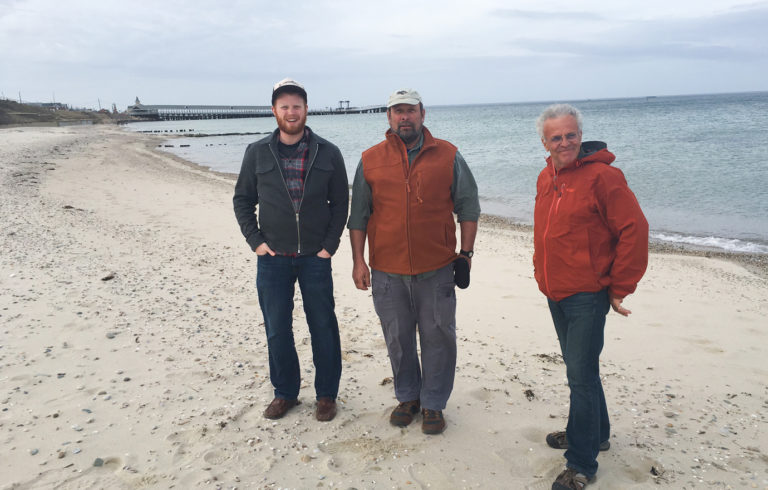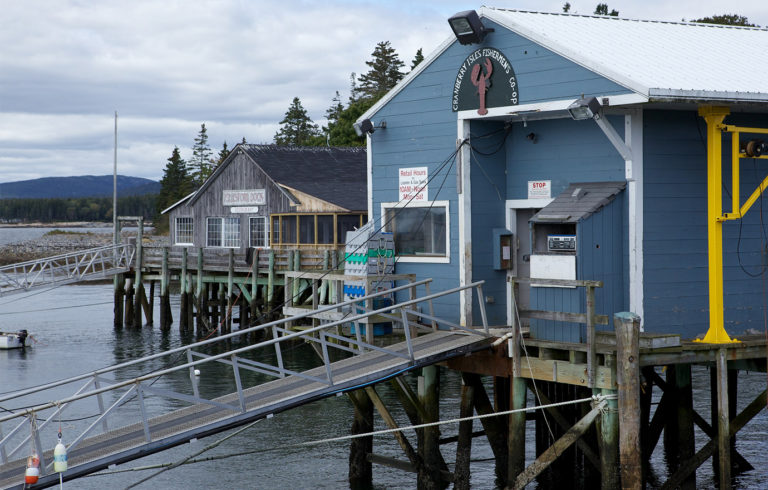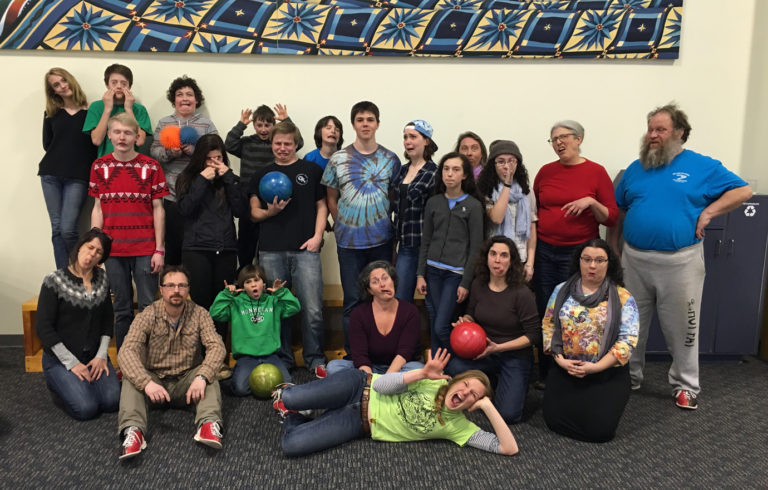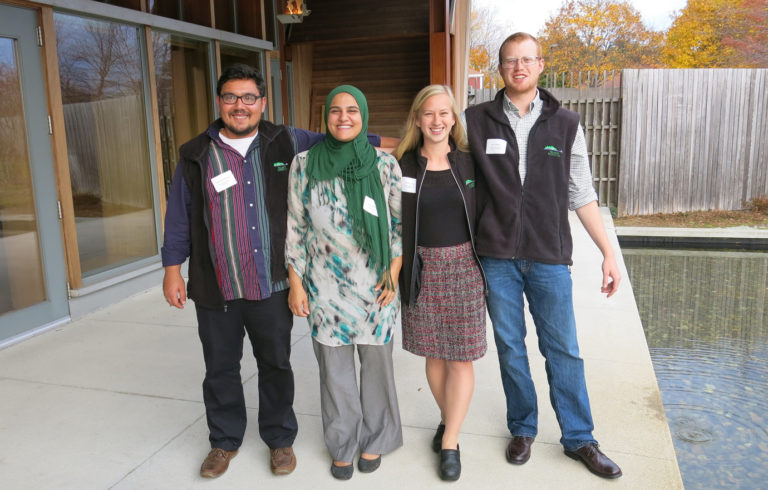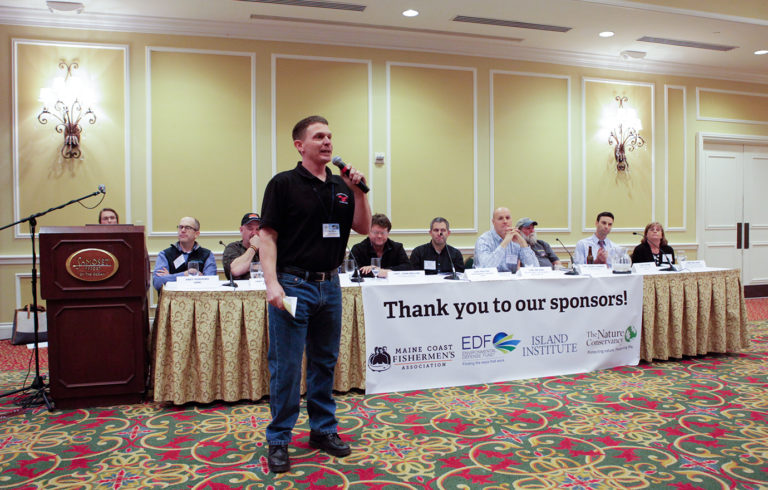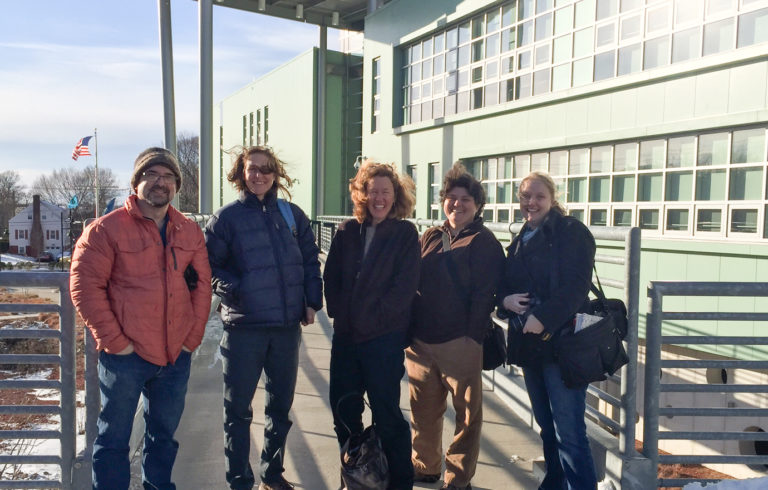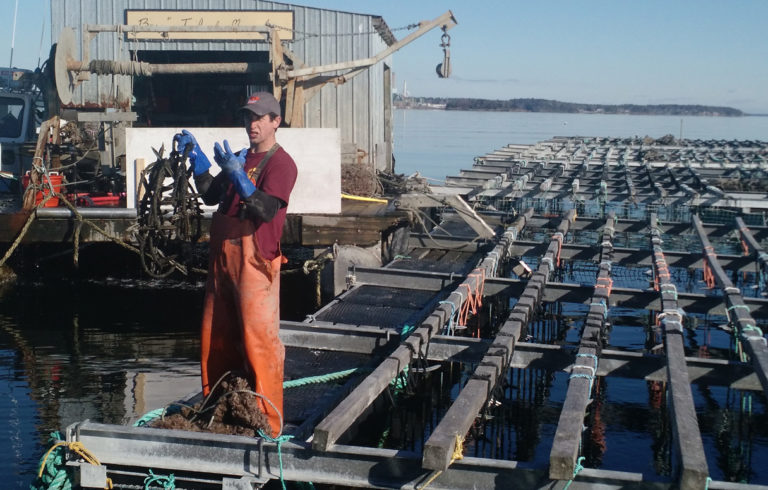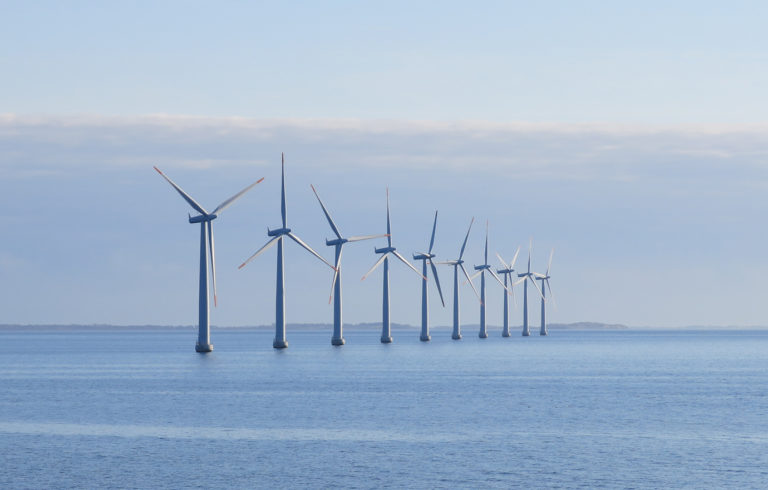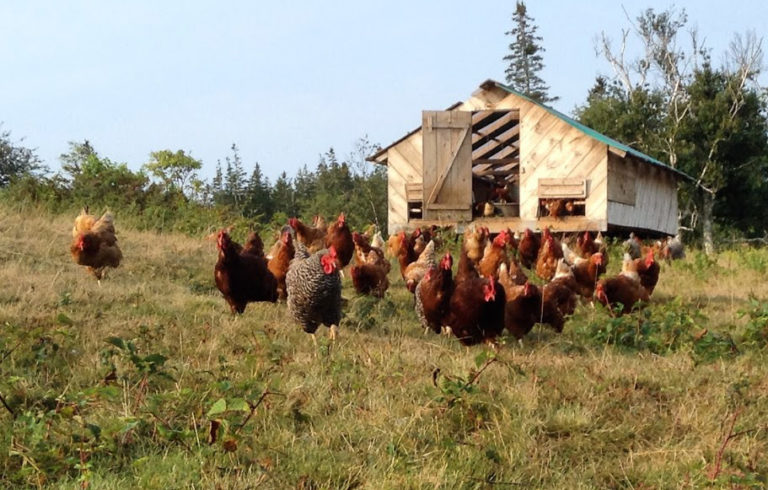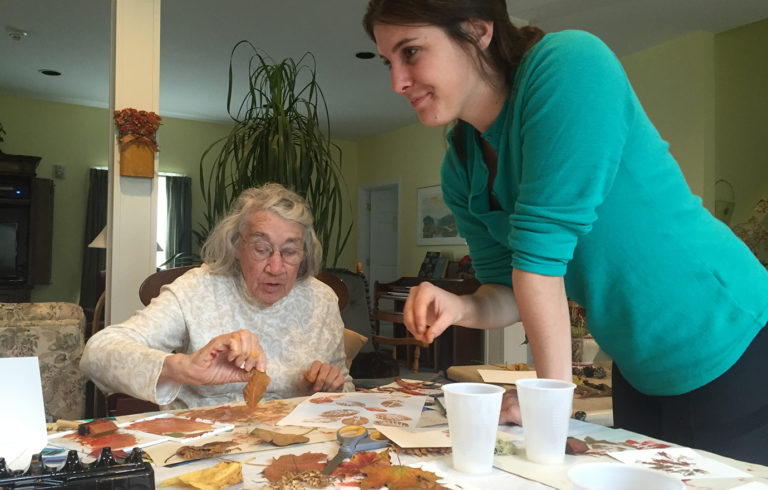April 7, 2016
Islands, Great and Small, Find Common Energy Solutions
Monhegan Island, Isle au Haut, and Matinicus Island face critical junctures in their energy future.Monhegan and Matinicus have the highest electricity rates in New England, and Isle au Haut is reliant on a 33-year-old, two-inch-thick cable as its sole connection to the mainland for power. t the end of March, representatives from power companies on all three islands visited Nantucket and Martha’s Vineyard, MA to share experiences and strategies from their work creating sustainable energy systems as part of the Island Institute’s third annual Southern New England Exchange Trip.
April 6, 2016
Commercial Currents: Considering legal structures for your business
In this blog post, the Island Institute’s Economic Development staff share the benefits and risks of small business structures: sole proprietorship, LCC, cooperative, and S Corp. To easily find future posts in this blog series for island and coastal small businesses, go to the blog home page and select “economic development” from the drop down menu to filter blog posts by this topic, or go to islandinstitute.org/blog/economic.
March 30, 2016
Once a TLCer, always a TLCer
The Outer Islands Teaching and Learning Collaborative has reached a milestone: the first class of students involved in the TLC are about to graduate high school. In March, they got to see each other for the first time in years.
March 8, 2016
Five reasons why it's great to be an Island Fellow
The Island Fellows Program is one of the signature programs of the Island Institute. Since 1999, the Island Fellows Program has placed college and master’s degree graduates in Maine’s coastal and year-round island communities for one to two years. Fellowships provide a unique opportunity for recent graduates to apply their skills and experience to help build sustainability within communities whose way of life and identity face many challenges.
March 8, 2016
Questioning our changing oceans
At the Maine Fishermen’s Forum last week, three fishermen, Gerry Cushman, Kristan Porter, and Steve Train, held a 3 hour session on how fishermen from outside of New England are experincing a changing ocean and what we can expect to happen here in Maine. They hosted a conversation between fishermen, sceintists, and audience members on the panel entitled “Questioning Our Changing Oceans.” About 350 people attended the three-hour long session that was sponsored by the Island Institute, Environmental Defense Fund, The Nature Conservancy and Maine Coast Fishermen’s Association.
February 17, 2016
Maine educators learn from Connecticut's aquaculture high schools
To gain insight and inspiration that Maine might use to develop its aquaculture curriculum and facilities, a group of six Maine educators took a road trip to Connecticut in January to visit three aquaculture high schools.
February 10, 2016
Learning aquaculture firsthand in Casco Bay
It's “Industry Day” for our aquaculture business development group, and the plan is simple: bring together a group of twenty prospective aquaculturists from up and down the coast for a single day to tour as many aquaculture farms and meet as many industry members as possible.
February 3, 2016
Communities matter in offshore wind development
Like moths to a flame, the press was all over the start of construction on the Block Island Wind Farm last July. After a decade-plus of starts and lawsuit-induced stops, America’s first offshore wind project was finally being built. The stories covered the prerequisite details: size of the project, cost, technology being used, and of course the politics behind it. Absent from most discussions, however, were voices from the project’s host community, Block Island.
January 29, 2016
Commercial Currents: Island farms find success through networks
The Island Institute’s Economic Development staff welcome you to this series of blog posts, a resource for island and coastal small businesses. To easily find future posts, go to the blog home page and select “economic development” from the drop down menu to filter blog posts by this topic, or go to islandinstitute.org/blog/economic.
January 28, 2016
From a 23-year-old: what is it like to live at Vinalhaven Eldercare?
Maddey Gates is the eldercare Island Fellow. She has lived and worked on eldercare initatives on Chebeague, North Haven, Swan's Island, and now Vinalhaven during her fellowship.
Close your eyes. When I say “eldercare,” what comes to your mind? What do you see, smell, and feel when I say “seniors,” “elders,” “nursing home,” or “residential care”?

